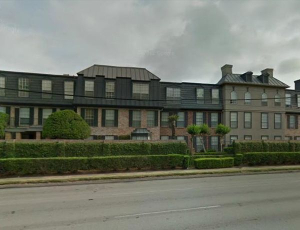Instead, housing follows politics.
Right now, we need “workforce housing” accessible to those making $15/hour in our suburbs and exurbs. That’s where the Amazon warehouses are. That’s where the stores are, and where the factories are going in. The closer we get our employment centers and our housing centers, the more we can do to fix the environment.
But politics rules housing, not the market. Atlanta’s mayor is trying to flood the zone with low-income housing projects. She is filling former mass transit parking lots with cheap apartments, approving more small-size projects near them, and encouraging homeowners to fully build out lots with “accessory dwellings” they can rent.
I’ve seen what results. I saw it in Houston, more than four decades ago. Developers built low-cost cookie-cutter developments throughout southwest Houston and, when the economy turned, this became the “Gulfton Ghetto.”
It’s sad to admit that poor people don’t get their pick of housing location. They go to what they can afford. If those places are miles from where they work, they find ways to carpool and make those multi-hour commutes. It’s part of being poor.
It shouldn’t be necessary. But politicians in areas where jobs are being created just won’t allow construction of housing that’s affordable by those workers. Politicians in areas that depend on poor peoples’ votes are building that kind of housing as fast as they can.
Neither side is doing poor people a favor. What housing needs is diversity. Diversity of incomes, diversity of housing styles, diversity of land use. We need jobs located near housing. We need to shorten commutes, not lengthen them. We need cities with trees and waters, with more parks and wildlife. Building heat sinks is a disaster.
Pointing this out is going to get me called a racist. But telling truth to power carries that risk. Don’t you be afraid of it.










